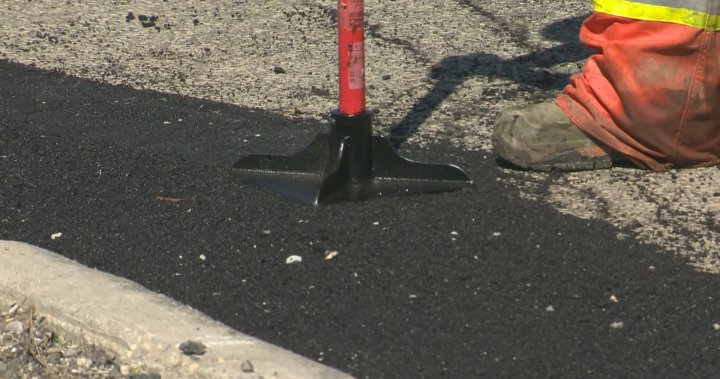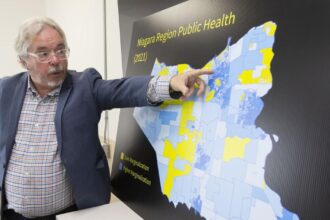In a bold initiative aimed at transforming municipal service delivery, Winnipeg Mayor Scott Gillingham announced the launch of Neighbourhood Action Teams on Wednesday—a strategic overhaul designed to directly address community-specific concerns across Manitoba’s capital city.
The innovative program will deploy six dedicated teams throughout Winnipeg, each comprising municipal workers equipped to tackle a diverse range of local issues, from road maintenance and sidewalk repairs to graffiti removal and garbage collection. This represents a significant shift from the city’s traditional centralized approach to urban management.
“Winnipeggers deserve city services that are responsive to their unique neighbourhood needs,” Mayor Gillingham explained during the announcement at Winnipeg City Hall. “These teams will build stronger connections with communities while delivering more efficient, localized solutions to persistent problems.”
The initiative emerges from growing frustration among residents regarding municipal responsiveness. According to city data, service requests through the 311 system have increased by 17% over the past three years, with resolution times lagging behind public expectations. The new model aims to create more direct accountability while reducing bureaucratic barriers.
Each Neighbourhood Action Team will be guided by a dedicated supervisor responsible for coordinating with community leaders, business improvement zones, and residents’ associations. This collaborative approach marks a departure from the compartmentalized departmental structure that has historically governed Winnipeg’s municipal operations.
City councillor Janice Lukes, who represents Waverley West, expressed enthusiastic support for the program. “This is exactly what we’ve needed—teams that understand the unique challenges of specific areas. What works downtown doesn’t necessarily address the needs in suburban communities or older neighbourhoods.”
The city has allocated $4.2 million for the program’s first year, with operations expected to begin in April 2024. Officials project that despite the initial investment, the more efficient delivery model could generate annual savings of approximately $1.7 million through reduced administrative overhead and improved resource allocation.
Community reaction has been cautiously optimistic. Winnipeg resident and community advocate Maria Reyes noted, “We’ve heard promises of improved services before. The real test will be whether these teams have the authority and resources to make meaningful changes in our neighbourhoods.”
The Neighbourhood Action Teams represent part of a broader municipal transformation strategy that includes streamlined digital services and enhanced data collection to identify trends in community needs. The city plans to implement comprehensive performance metrics to evaluate the program’s effectiveness, with quarterly public reports beginning in summer 2024.
As Winnipeg joins cities like Edmonton and Hamilton that have implemented similar community-focused service models, questions remain about how these teams will navigate competing priorities across different neighbourhoods with varied socioeconomic realities. Will this decentralized approach truly deliver on its promise of more responsive governance, or will it create new challenges in ensuring equitable service delivery across Manitoba’s largest city?










